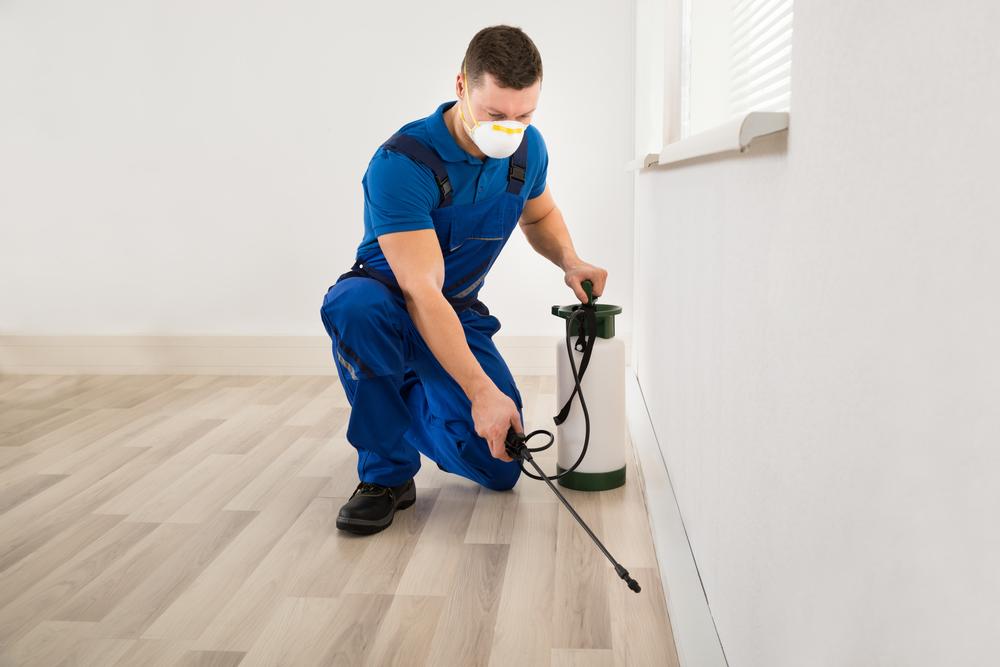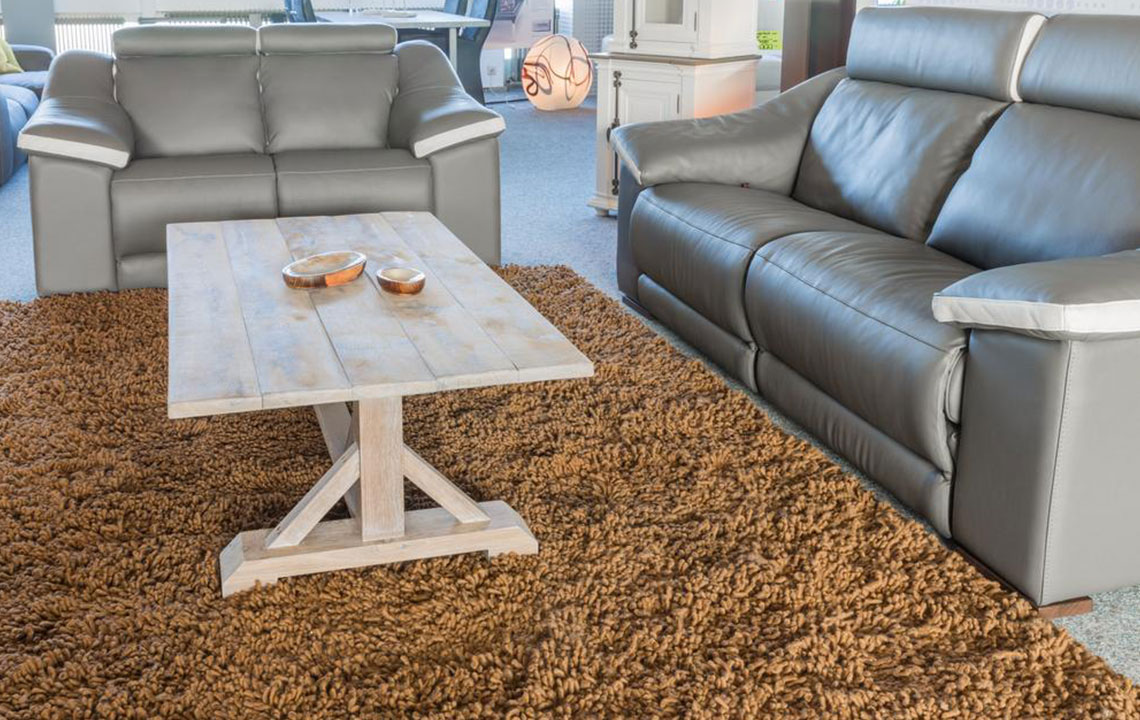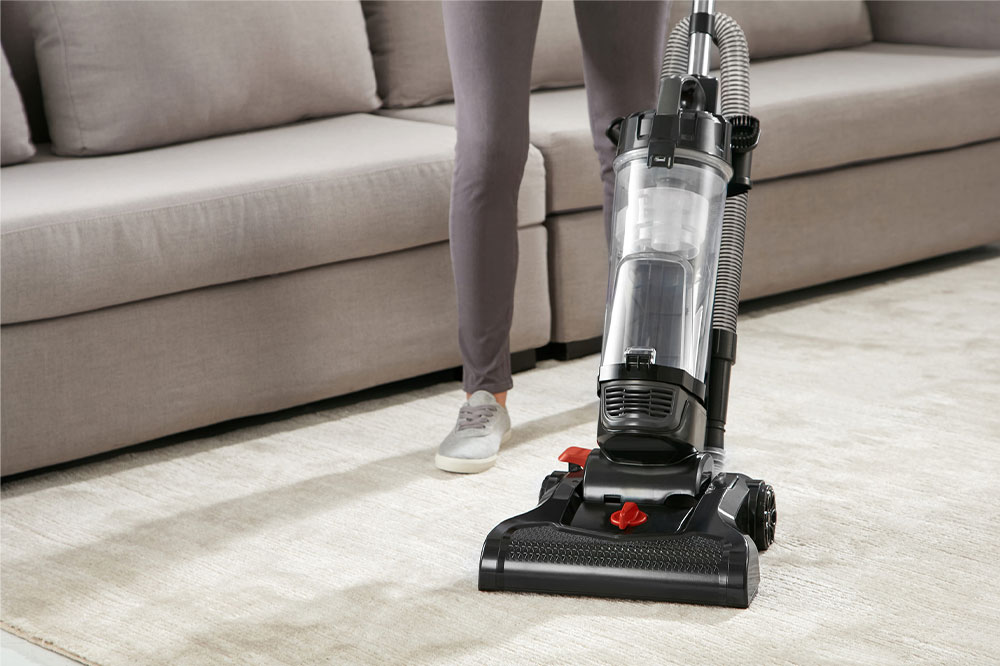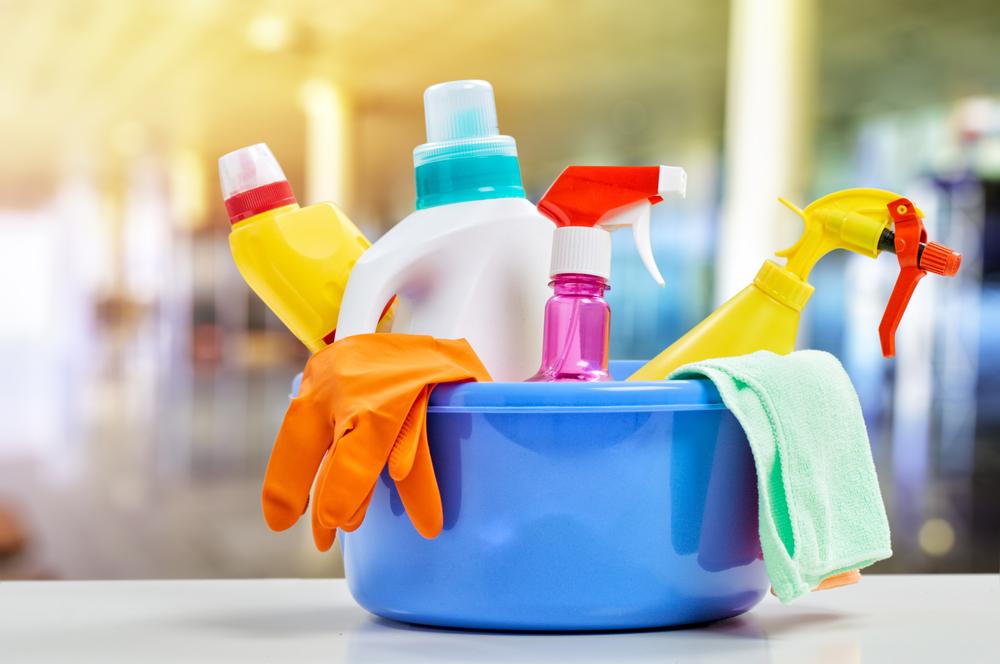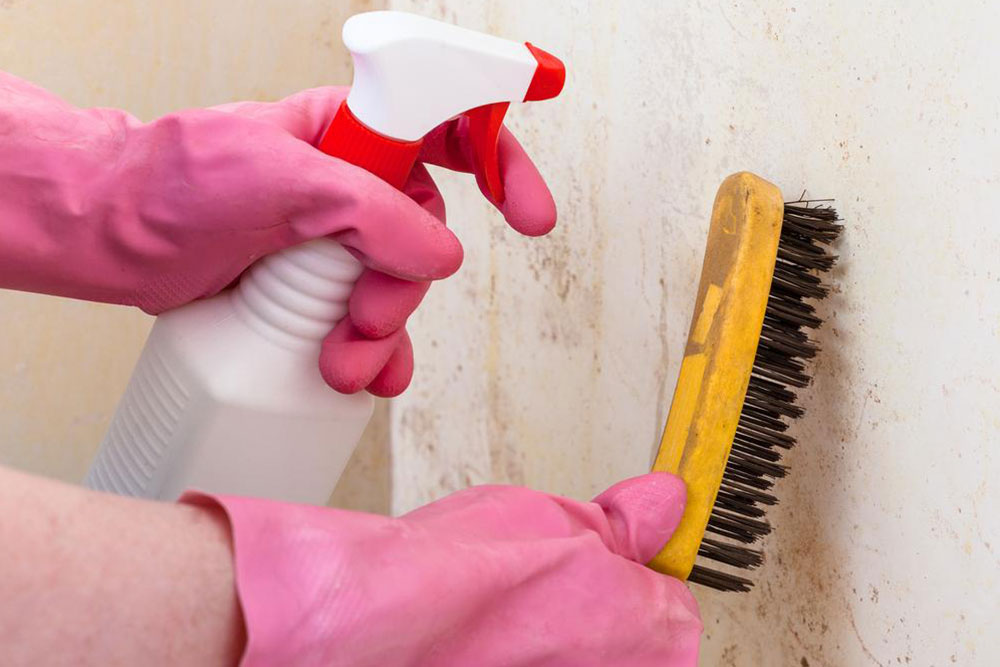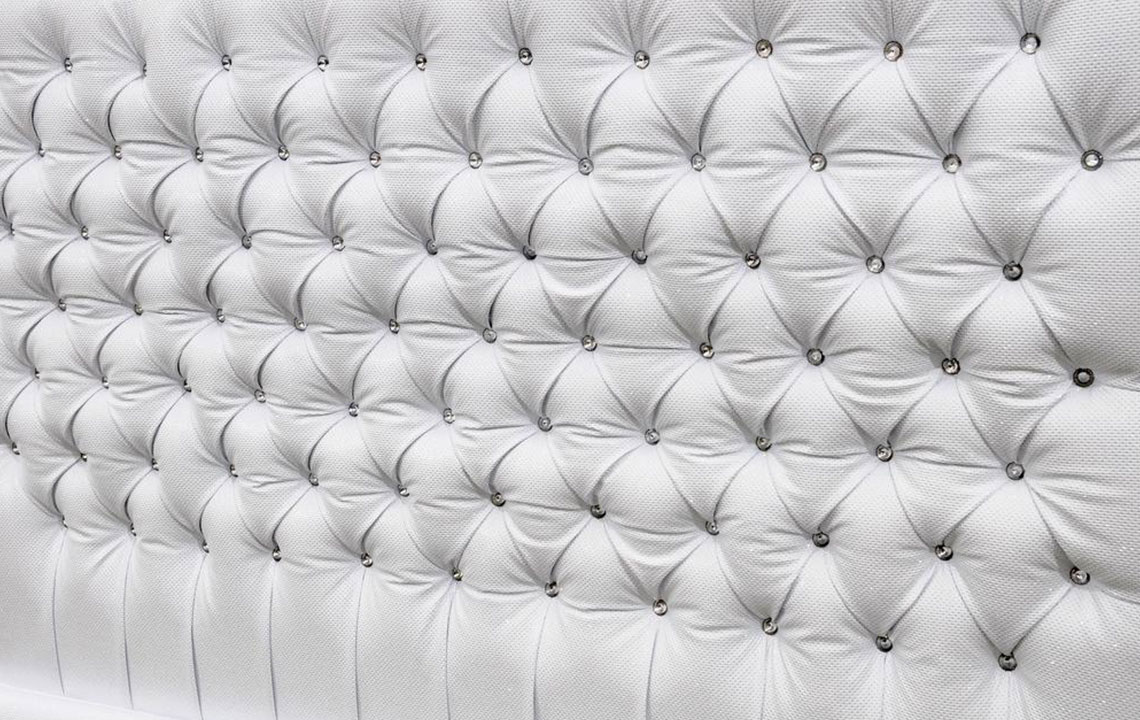Essential Items You Should Not Vacuum
Learn about essential items you should never vacuum to prevent damage to your vacuum cleaner. Discover tips on avoiding common pitfalls like vacuuming coffee grounds, wet foods, glass shards, and more. Proper vacuuming practices ensure your appliance stays efficient and long-lasting, keeping your home clean and safe.
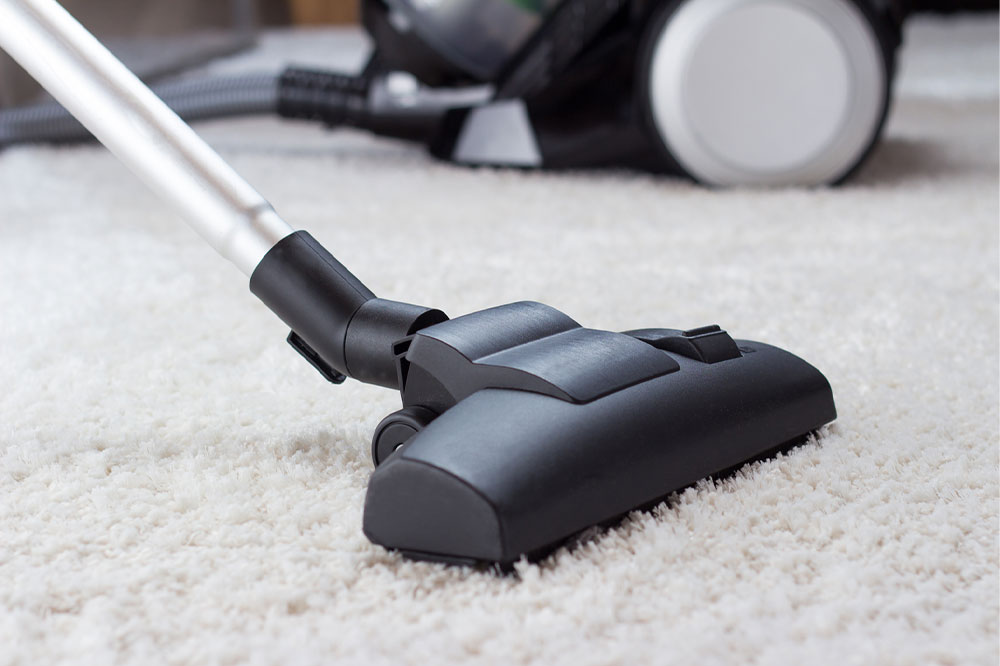
Using a vacuum cleaner is a common way to maintain cleanliness in homes, cleaning carpets, floors, upholstery, and more. However, not everything is suitable for vacuuming, which could damage the device or reduce its lifespan. To keep your vacuum in optimal condition, avoid vacuuming certain items that can cause harm or blockages.
Coffee Grounds
People who enjoy coffee know how difficult it is to clean coffee grounds from machines, but these should not be vacuumed. Vacuuming dry or wet coffee grounds can clog pipes, harm the motor, or lead to mold growth inside the vacuum. Instead, use a dustpan for dry grounds or a damp cloth for wet ones, and consider composting used coffee grounds.
Certain Wet Foods
While dry foods like salt or sugar are safe to vacuum, wet foods such as salads or baked beans should be avoided. Moisture can block vents, damage the motor, and cause unpleasant odors. Whenever possible, wipe up wet spills with a cloth rather than vacuuming them.
Coins, Glass, and Large Debris
Coins or broken glass can puncture the vacuum bag or damage internal parts. Always check your floors carefully. Use gloves to handle shards or fragile objects, and for smaller pieces, press bread over them to pick them up safely.
Hair Clumps
Vacuuming hair clumps can cause clogs, making your vacuum less effective over time. Instead, sweep or pick up hair with your hands to prevent blockages and maintain optimal performance.
Electrical Cords
Running a vacuum over electrical cords can damage the cord’s insulation, creating a safety hazard. Always ensure cords are out of the way before starting to vacuum.
Disclaimer:
Our blog offers helpful insights across various topics, but this information should be used as a guideline. We do not guarantee accuracy or completeness, and readers are encouraged to use their judgment when applying advice. We are not responsible for any discrepancies or issues that may arise.

